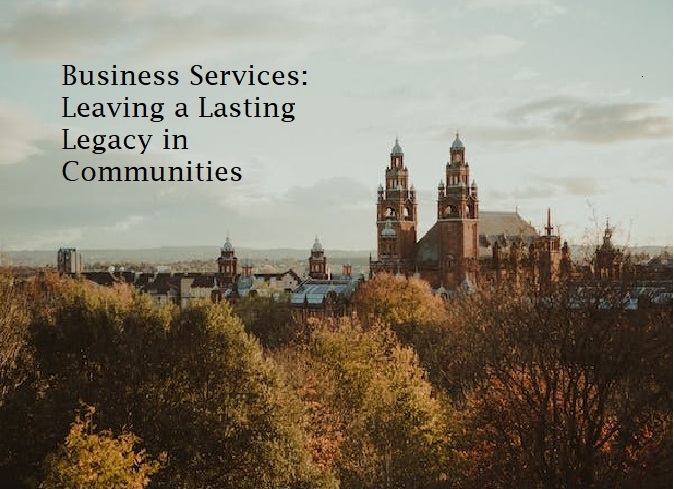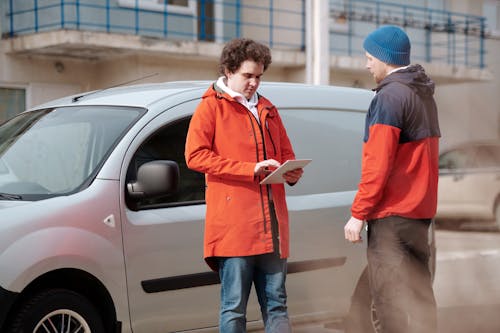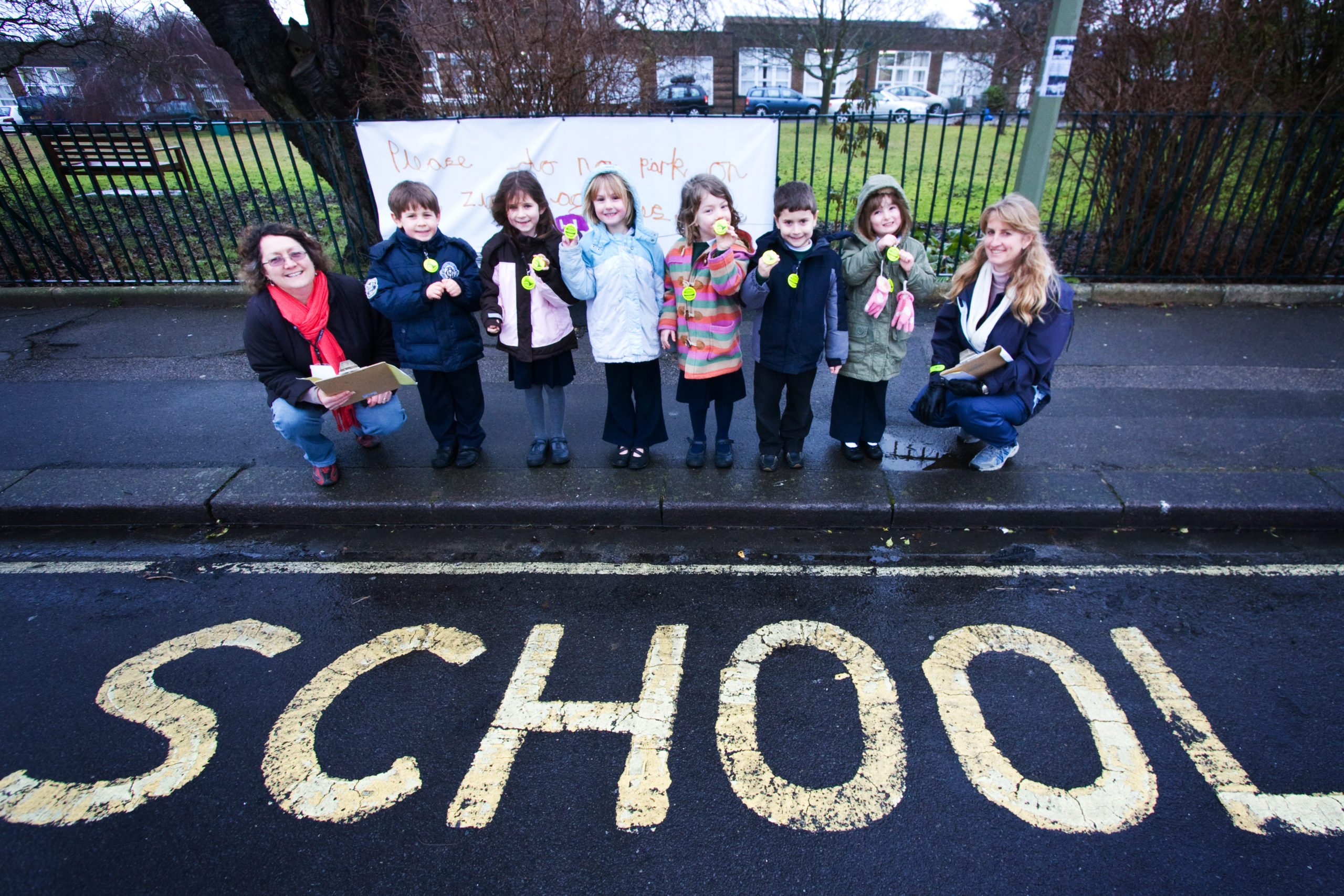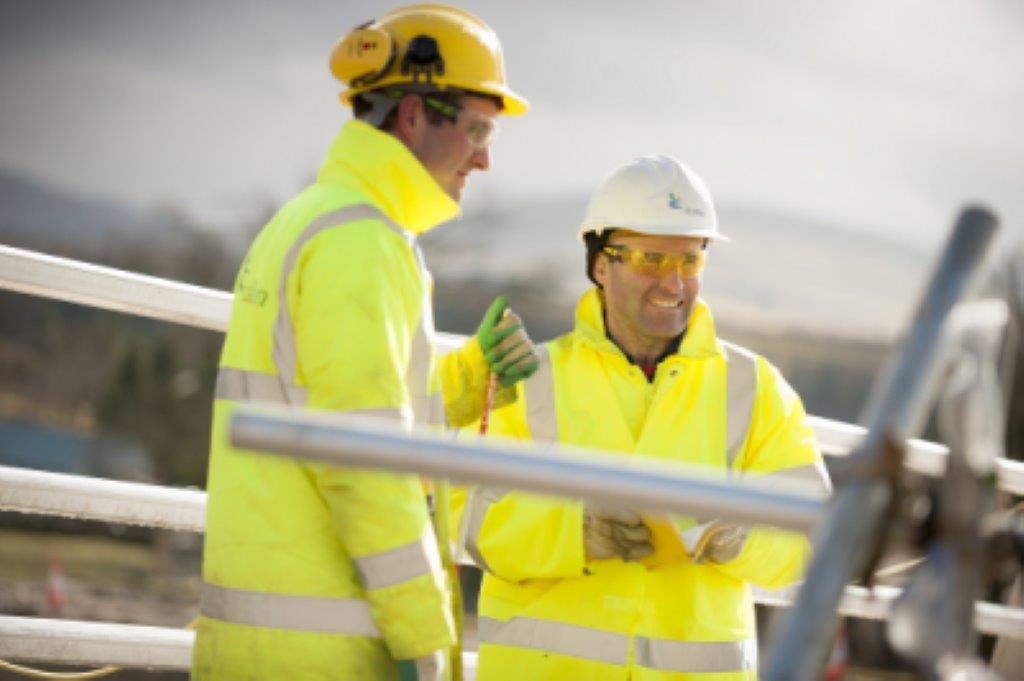
Business Services: Leaving a Lasting Legacy in Communities
The business services industry has a responsibility to promote inclusive and sustainable growth in communities across the UK, both through individual contracts and also as part of its wider work.
The sector can not only bring inward investment into an area, and scale and replicate innovation and change in service delivery which has taken place elsewhere, but it can also leave a lasting legacy in terms of economic and social infrastructure – the community wealth – in each place.
For example BSA members can help other companies compete more effectively, improve sustainability and the local environment, and help employ and train the local workforce.
All sizes of business and voluntary sector organisations have a vital role to play. Larger businesses, often with national and international experience as well as substantial resources, can help develop and build up local SMEs in their supply chains.
Achieving this requires determined effort on the part of public, private and VCSE sectors alike. But it is also recognised as good business – not simply to win contracts, but to attract investment, and help recruit, motivate and retain talented people who are interested in contributing to their communities.
These case studies look at ways in which BSA members are helping to leave a lasting legacy in communities in five ways:
1. Providing good employment, training and career development opportunities for local people
2. Developing links with schools and local training providers, and linking employment support with local employers
3. Larger organisations helping to support, strengthen and develop local SMEs
4. Improving sustainability and the local environment, including helping SMEs in the supply chain on the path to Net Zero
5. Other examples of place-based social value, community benefit or building community wealth
Some case studies are part of everyday behaviour, or specific corporate responsibility programmes. For other examples the commissioning and procurement processes were key, enabling organisations which win contracts to leave a lasting legacy in communities as part of those contracts.

Providing good local employment, training and employment support opportunities and career development
Business services is a people business. More than three million jobs are supported by the sector. Furthermore this is not an industry which is concentrated in one part of the UK: it is responsible for at least one in ten jobs across for example the North East, North West and South West. It therefore has a crucial role to play as an engine of inclusive growth and prosperity.
That goes for SMEs and large companies alike. Many larger companies not only employ workers in a local area, even if the companies are headquartered elsewhere, but have the experience to maximise employment opportunities for all sections of the community. They may have the reach and experience to help build bridges into employment for groups who are further from the labour market. And they can often offer opportunities for career development across the business which might not otherwise be available.
Robertson FM focuses on local staff and local supply chain at every opportunity. It also looks to employ people from groups further away from the labour market, and has training and apprenticeships programmes to support skills development.
Read more here
Serco has gone the extra mile to support Restart programme participants with the cost of living in Birmingham and Coventry.
Read more here

NHS Shared Business Services (NHS SBS), a unique partnership between the Department of Health and Social Care and Sopra Steria, is working to transform the lives of a cohort of young people in Leeds with learning disabilities and autistic spectrum conditions.
Read more here.
Headstart is a programme run by Amey to help get people from hard-to-reach areas into the world of work.
Read more here
Developing links with schools and local training providers, and linking employment support with local employers
Developing links between companies and the communities in which they work, including local education and training providers, helps to make sure training matches the jobs available. It can also expand the horizons of young people and other groups, increasing awareness of the full range of opportunities open to them across the industry.
Many BSA members are also involved in schemes designed to support people into employment. They have a particular responsibility to develop links with local organisations, both to help in delivery of these schemes and to provide links to local jobs so people are enabled to remain in the communities in which they live.
Balfour Beatty operates a large local school engagement programme, linked to its projects across Scotland, to demonstrate the range of career opportunities available across the construction industry.
Read more here
Maximus is developing relationships with local employers and helping people into work across the country, challenging preconceptions about what careers in key sectors might entail in the process.
Read more here
Shaw Trust is providing careers guidance advice in secondary schools across Northamptonshire and Havering. It is also supporting particularly vulnerable groups at risk of unemployment, with notable success.
Read more here

Helping to Support, Strengthen and Develop SMEs
One lesson first from the pandemic period and then from the war in Ukraine is the value in building reliable and resilient supply chains. Yet in many areas of the country, smaller businesses and VCSE organisations have been hit especially hard by the challenges of recent years.
The business services sector has the experience and professional expertise to help many micro-businesses and SMEs take the crucial next step to becoming medium-sized businesses. There is substantial evidence of the positive effect of the use of business services on a sector’s ability to grow.
Larger organisations can also have the capacity and reach to help support and rebuild local SME capacity in their supply chains. They can help to shoulder the risk and provide the up-front finance which are often necessary parts of contracts with public and private sectors alike.
Meanwhile smaller organisations bring their strengths and innovation so that the two learn from each other. Different sizes of businesses have different strengths they can draw on, and collaboration can help them do so.
None of this happens by accident. It involves a determined effort to treat supply chains fairly and as partners, with prompt payment of bills and an equitable allocation of risk and reward. The BSA has highlighted the importance of equitable collaboration between different sizes of company, in its Statement of Best Practice on Partnership Working between larger businesses or VCSE organisations and SMEs.
Working through the Lighthouse Club, Kier helps to provide mental health and wellbeing support to its supply chain as well as its own employees.
Read more here
In 2021 WSP published its Social Value Supply Chain Charter. It recognises that a diverse supply base generates local social value, through employment, local economic spend, and opportunities for participation in business. Its work with Hertfordshire Council is an example of what can be achieved.
Read more here

Sodexo’s social impact pledge included a commitment to ensuring 40 per cent of Sodexo’s spend is with SME and VCSE suppliers, leaving a lasting legacy in communities across the UK. In fact, SMEs represent over half of Sodexo’s core supply chain. It then proactively helps these SMEs grow and develop.
Read more here

Two recent case studies highlight the work of Bouygues E&S proactively to support and strengthen SMEs across its supply chain.
Read more here

Balfour Beatty has been working in partnership with local SME businesses in the Highlands & Islands
Read more here

Improving sustainability and the local environment, including helping supply chain SMEs on the path to Net Zero
Supporting green recovery at a devolved and local level will be a driving factor in the UK’s race to Net Zero. Many local authorities have set out their own carbon reduction commitments, often including Net Zero goals preceding the UK-wide 2050 target. In their roles both as suppliers and through offering their expertise, BSA members are central to these efforts to green our regions and devolved nations.
Once again, different sizes of businesses have different strengths they can draw on. Larger organisations across all sectors all have an important part to play in supporting their supply chains to transition towards Net Zero, particularly SMEs and micro-organisations.
Atkins, a design and engineering consultancy firm, works with clients from various parts of the world and is passionate in helping them achieve their Net Zero goals. Atkins ‘Net Zero Superheroes’ school competition aims to spread awareness amongst school pupils across the UK and to inspire them to pursue careers in STEM and in turn play their part in meeting these goals.
Read more here
Capita is using its experience and expertise to help local authorities across the UK, from Renfrewshire to Blackburn, reach their sustainability targets.
Read more here
Over months, Mitie has engaged, trialled and tested a new eco-friendly cleaning product to replace traditional cleaning chemicals. Its supplier, BioHygiene, is a family-run SME, manufacturing biotech and plant-based cleaning products out of facilities in Wales. The BioHygiene range is being used in areas including Covent Garden Market and in locations in Essex.
Read more here

Other examples of Place-based social value, community benefit or building community wealth
There are many other ways in which BSA members are helping to build up local communities, both as part of their overall corporate social responsibility and through individual contracts which enable them to do so.
These examples cover everything from arts projects to legal advice to helping Ukrainian refugees in a particular community.
The common thread is that the BSA member concerned was embedded in its communities, so knew what the wishes and requitements of those communities were. It was then able to respond – either through early engagement in a commissioning process, or through going the extra mile when delivering a place-based project.
3SC, a social enterprise company and part of Twin Group, is recognised as a market leader in Neuro Diverse Strategy Coaching (NDSC), which is playing an increasingly prominent role. Having started delivery of the coaching in Wales in 2018, it and its partners are successfully working with employers and probation services to roll it out across the UK.
Read more here
Pluss, a Community Interest Company within the Seetec Group, runs The Green Hand Gang, a gardening project for people with learning disabilities, as part of the BBO Hopeful Families programme in Halifax, West Yorkshire.
Read more here

The Growth Company and partners have created United for Ukraine, supporting evacuees settling in the North of England
Read more here
Balfour Beatty has delivered several projects as part of its work in Scotland which were tailored to the needs of particular communities and service users, and designed in partnership with them.
Read more here

Orkney played a central role in CGI’s partnership with a leading charity, supported by Marine Scotland, to develop a unique open-source algorithm to monitor seagrass meadows. In turn this is now supporting biodiversity across the world.
Read more here

Equans has begun work to develop the next phase of homeless charity St Basils’ innovative live and work project in Sandwell.
Read more here














